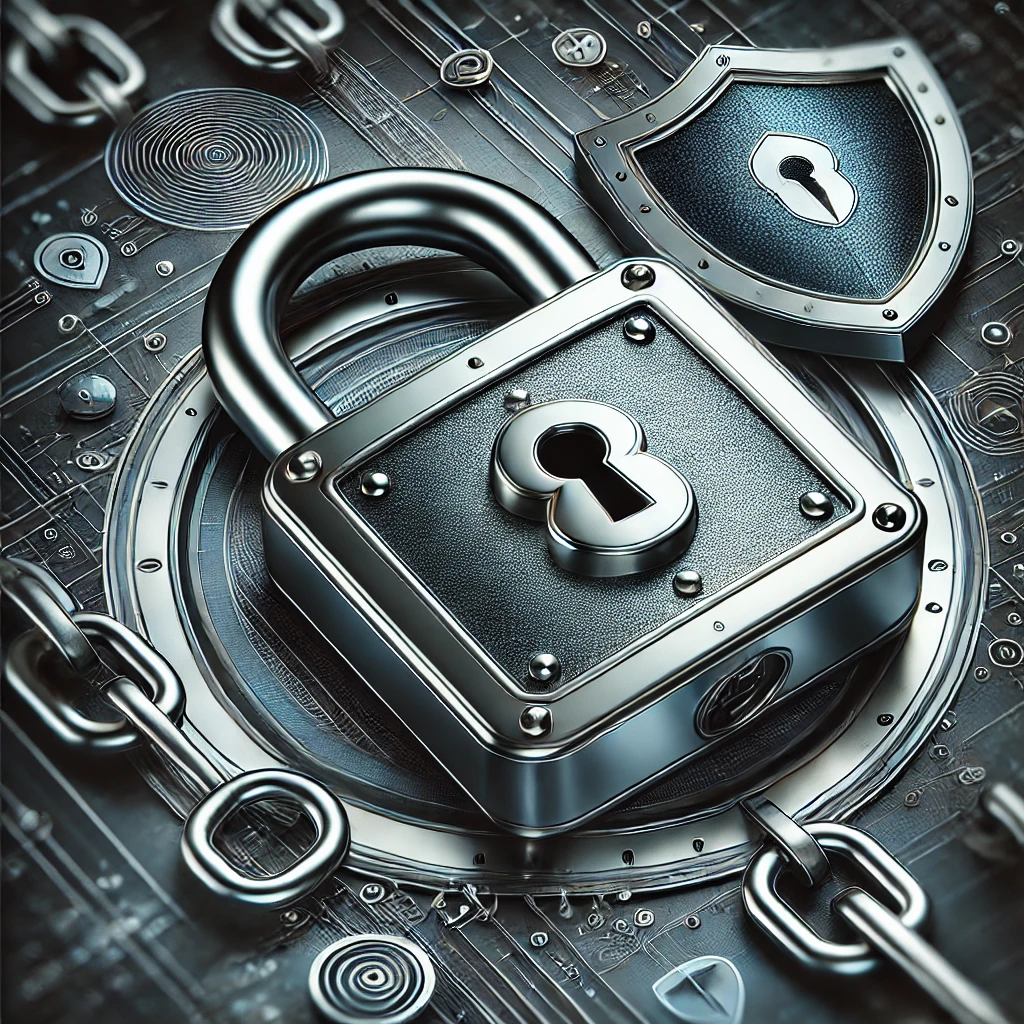Running a WordPress site is fantastic—it’s user-friendly, customizable, and perfect for everything from blogs to business websites. But here’s a question for you: How secure is your WordPress site? If you’re not sure, don’t worry! Let’s chat about some essential tips to keep your site safe and sound.
Why Should You Care About WordPress Security?
First things first, why is security such a big deal? Well, WordPress powers over 40% of the web, making it a prime target for hackers. Whether you’re managing a personal blog or an e-commerce site, a security breach can lead to data loss, downtime, and a whole lot of headaches. But with a few proactive steps, you can greatly reduce the risks.
What’s the Best Way to Keep WordPress Updated?
One of the easiest ways to secure your WordPress site is by keeping everything updated. This means your core WordPress software, themes, and plugins. Updates often include security patches for vulnerabilities, so skipping them is like leaving your front door wide open.
Here’s a quick tip: Turn on automatic updates for minor releases, or set a reminder to check for updates regularly. And don’t forget your plugins! Outdated plugins are a common entry point for hackers.
How Strong Is Your Password, Really?
Let’s talk passwords. A strong password is your first line of defense against unauthorized access. You’d be surprised how many people still use “admin” as their username and “password123” as their password. Don’t be that person.
Use a mix of upper and lower case letters, numbers, and symbols. And consider using a password manager to keep track of your login details—this way, you can have complex passwords without having to remember them all.
Should You Consider Two-Factor Authentication?
Absolutely! Two-factor authentication (2FA) adds an extra layer of security by requiring not just your password, but also a second form of verification—like a code sent to your phone. Even if someone gets hold of your password, they won’t be able to access your site without that second factor.
There are plenty of plugins that make adding 2FA to your WordPress site a breeze. It’s a small step that can make a big difference.
Are You Backing Up Your Site Regularly?
Even with the best security measures, things can still go wrong. That’s why regular backups are a must. If your site gets hacked or you accidentally delete something important, having a backup means you can restore your site quickly.
There are many plugins available that can automate this process for you. Make sure to store backups in a secure, off-site location—preferably in the cloud.
What About Limiting Login Attempts?
Did you know you can limit the number of login attempts on your WordPress site? This helps prevent brute force attacks, where hackers try to gain access by guessing your password over and over again.
By limiting login attempts, you can lock out users (or bots) after a few failed tries. It’s another simple but effective way to protect your site.
Should You Consider a Security Plugin?
If all of this sounds a bit overwhelming, don’t worry—there’s a plugin for that! Security plugins like Wordfence or Sucuri can help you monitor and protect your site. They offer features like malware scanning, firewall protection, and even the ability to block specific IP addresses.
Installing a reputable security plugin is like hiring a virtual security guard for your site.
Final Thoughts: How Can You Stay Vigilant?
Security isn’t a one-time task; it’s an ongoing process. Regularly review your site’s security, stay informed about the latest threats, and don’t get complacent. By taking these proactive steps, you’ll make your WordPress site much less attractive to hackers.
So, how secure is your WordPress site now? Hopefully, with these tips, you’re feeling more confident and ready to keep your site safe and secure. Remember, a little effort goes a long way when it comes to protecting your online presence.
